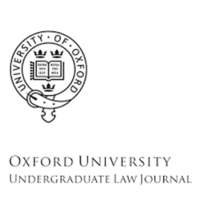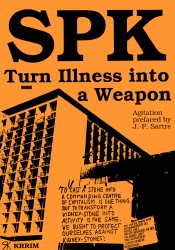i) NSWU is starting its operations in the UK, and for one good reason – drugs (which are illegal) and prostitution (which is legal) are included in the UK Gross Domestic Product, unlike any other nation in the World.
ONS desk research (please note the italics for emphasis!) into the numbers of prostitutes and the price of drugs yielded the result that spending on these illegal activities in the UK contributes up to £10 billion a year to the level of GDP.
ii) Sex workers require adequate unionization to protect them from exploitation, and to maintain the fact that the customer is not king.
iii) The Parliamentary system in the UK is considered a revolving door, in which the only aim of any party is to maintain power or move from opposition to Government. Without the right of immediate recall there is no obligation for any MP to serve the interests of their constituents whilst in office with only a few notable exceptions still in possession of a moral compass. The Labour Party no longer supports The Trade Union movement from which it draws its heritage. As such the NSWU currently has no plans to affiliate with any political party and finds itself in favour of libertarianism with a small ‘l’.
iv) The following statements from The Oxford University Undergraduate Law Journal are taken as self-evident truths:
… although it is not a criminal activity to exchange sex for money, many of the activities surrounding prostitution are criminalised… One negative consequence of this criminalisation is that sex workers must operate in a situation of danger – if they are exposed to physical or sexual violence from clients, they are discouraged from going to the police for fear of prosecution. Criminalisation also makes it harder for those involved in sex work to move out of the industry because of the resulting criminal records.
Prostitution and sex trafficking are not the same. The former involves a choice to participate in trading sex for money, whereas the latter does not. There should be complete criminalisation of sex trafficking. The current criminalisation of prostitution, however, is unsustainable. It perpetuates the harmful stigma towards sex work; this results in sexual, emotional, and physical violence towards sex workers. Full decriminalisation, on the other hand, presents an image that sex work is accepted by society and by law. An appropriate legalised system is possible, but only with the full input of the sex workers involved.
The Case for Fully Decriminalising Prostitution

v) As a trade union the NSWU is obliged to be socialist, albeit with a small ‘s’. Advocates of Marxian scientific socialism would be hard pressed not to admit that not only has this failed to materialize in the developed world, but that in Russia, China, and other parts of Asia, it has at best led to benevolent dictatorship. With the passage from Capitalism to Globalization it is difficult to see how the General Strike, or other forms of revolution, could lead to the mean of production, distribution, and exchange being regulated by the community as a whole, without severe consequences for the global economy. We must at best look for gradual change, or, at present, better conditions for workers, and raising class consciousness.
vi) The Marxian theory of the vanguard party of the early twentieth century may have had advantages, had not the ascendancy of the State been applied to the revolutionary apparatus too quickly. The theory was reworked in the late 20th Century to apply to the vanguard of the proletariat, which was considered the most oppressed part of the working class. Although violence was falsely adopted (https://en.wikipedia.org/wiki/Members_of_the_Red_Army_Faction#Former_SPK_members), the operational achievements were second to none. Sex Workers are considered by the NSWU to be the most oppressed section of the working class, and the vanguard of the proletariat.

